Showing all 9 resultsSorted by latest
-
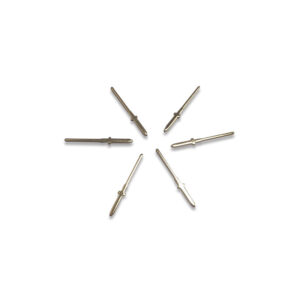
HPb61-1 lead brass standard: (GB/T 5231-2001)
Characteristics and scope of application: It is a widely used lead brass, good machinability, good mechanical properties, can withstand cold and hot pressure processing, easy fiber welding and welding, and has good stability to general corrosion.
-
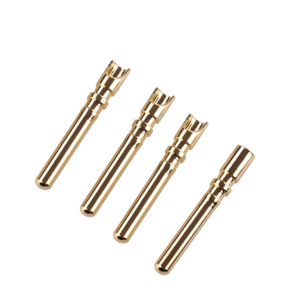
H62 brass is a copper based alloy with zinc as the main alloying element, and is named because it is often golden yellow.
-
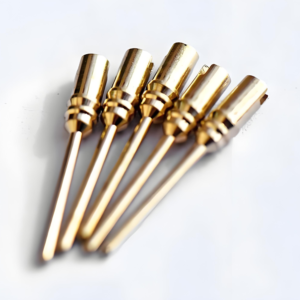
Phosphorus copper, an alloy of phosphorus and copper.
-
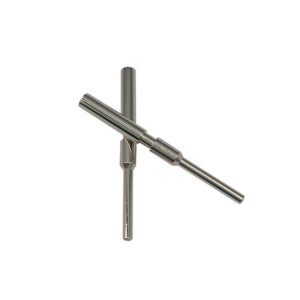
4J29 pins refer to pins made of 4J29 alloy. 4J29 pins are used in electronic devices that require precise matching and stable connections, and their specific uses and specifications may vary depending on the application field. Since 4J29 alloy has excellent properties, using 4J29 pins can provide better connection effects and stability.
-
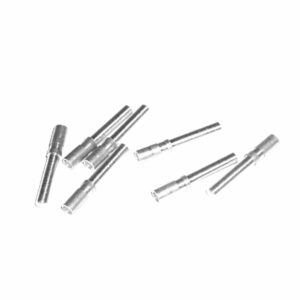
Alloy 4J36 (UNS K93600 & K93601/W. Nr.1.3912), a binary nickel-iron alloy containing 36%nickel.
-
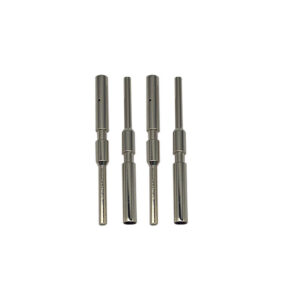
4J33 pins are made of 4J33 alloy, which is a metal material with special physical and chemical properties and is widely used in electronics, aerospace, precision instruments and other fields.
-
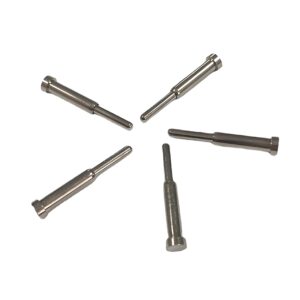
4J28 is a 4J28 fine alloy with abnormal thermal expansion and cold contraction function, also known as 42s expansion alloy, which is widely used in the electronics industry, fine tools, fine instruments and cryogenics engineering.
-
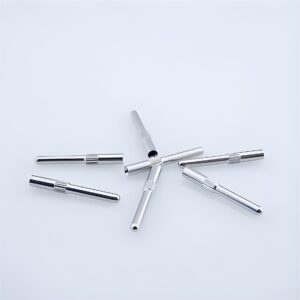
4J52 Fe-ni constant expansion alloys are a series of constant expansion alloys which can be matched with soft glass and ceramic with different expansion coefficient in a given temperature range by adjusting the nickel content.
-
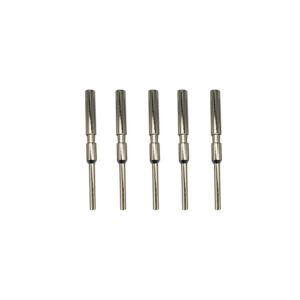
4J50 pins are made of 4J50 alloy. 4J50 alloy is an iron-nickel fixed expansion alloy with a specific expansion coefficient, also known as iron-nickel-cobalt glass-sealed alloy. This alloy has a linear expansion coefficient similar to that of hard glass in the temperature range of -60°C to +80°C, so it is often used for matching sealing with hard glass.
End of content
End of content








